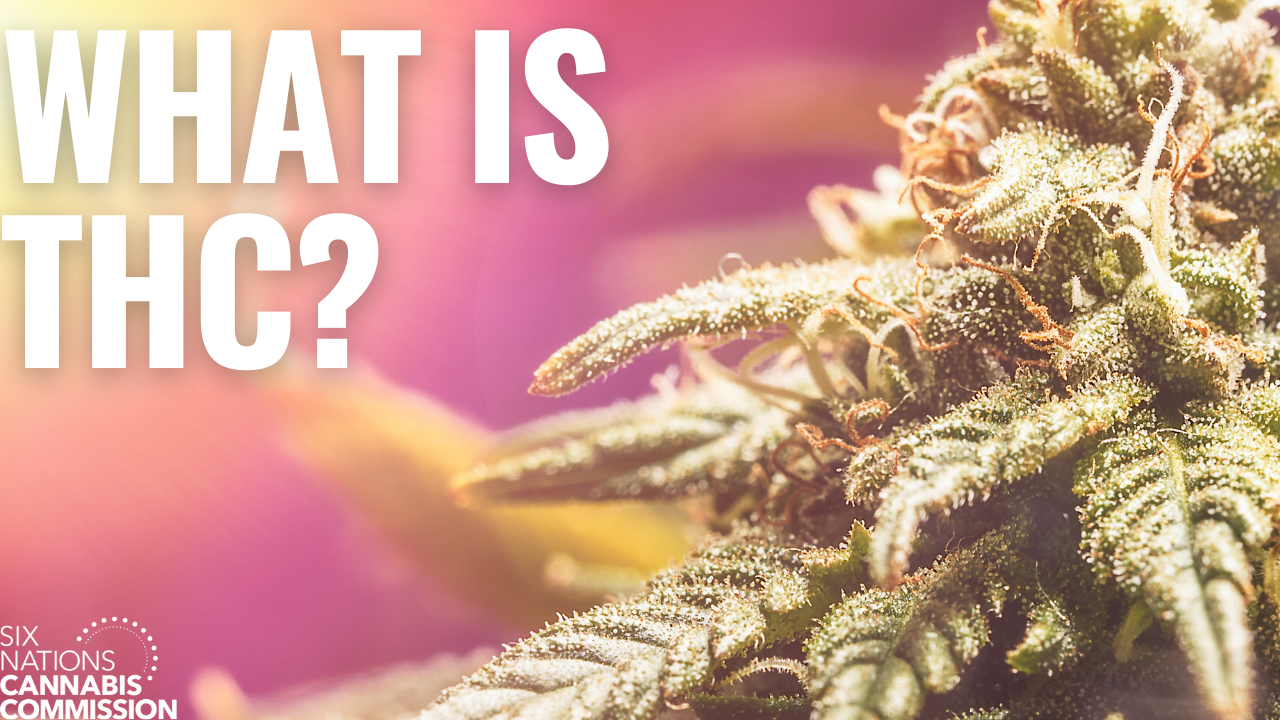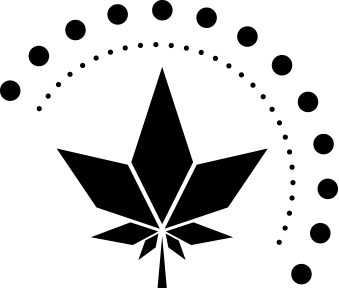
THC, or its scientific term: tetrahydrocannabinol, is the chemical compound in cannabis that provides consumers with a “high” feeling. It is also one of the most commonly known terms in regard to cannabis to both users and non-users alike.
While it may sound as simple as being the reason people get high, it is much more complex and has lots to learn about. This article will go over this prominent chemical in cannabis, and teach you the basics on what it is, and how it would.
How Was THC Discovered?
In 1964 Raphael Mechoulam became the first documented scientist known to isolate chemical compounds such as THC from cannabis. The discovery sparked the start of scientific research behind cannabis and helped the evolution of how people are able to understand cannabis today.
What Kind of Chemical Compound is THC?
THC is a cannabinoid, which is the chemical compound cannabis is made up of. Its believed that there are more than 100 variations of cannabinoids, with THC being the most popular as it produces the most psycho-active effects. They interact with cannabinoid receptors that are part of the endocannabinoid systems (ECS) found in both humans and animals.
The Endocannabinoid System (ECS)
The ECS is a complex system made up of cannabinoid receptors, chemicals, and enzymes that process them. They are spread out across your brain and body and are the reason cannabis can provide a wide variety of effects. Common endocannabinoids found in humans and animals are CB1 and CB2, which interact directly with cannabinoids like THC and CBD.
Why Does THC Make Consumers Feel “High”?
The human body is designed to interact with cannabinoids; Through binding to the cannabinoid receptors found in someone’s ECS, THC interacts with chemicals in the brain and nervous system to produce a “high” feeling.
Fun Fact: Humans naturally create their own cannabinoids, A.K.A. “endogenous cannabinoids”. Anandamide is an example of one, it’s responsible for the “runner high” people reportedly feel after running.
What is a THC high?
A THC high is a mix of short-term effects that make your cannabis consumption experience what it is. Different cannabis strains, products, and dosages provide different and unique experiences that effects everyone differently based on factors like age, weight, height, tolerance, and so on.
It’s important to find the correct THC experience with the help of your budtender when shopping. Remember to use cannabis start low, and go slow to ensure you can wait and observe how you feel instead of overconsuming.
Positive Effects you may feel after consuming THC are:
Laughter
Hunger
Pain Relief
Sleep aid
Negative Effects you may feel after consuming THC are:
Anxiety
Paranoia
Red Eyes
Dry Mouth
Dizziness
Short-term Memory Loss
Is THC Only for Recreation or Does it Have Medical Benefits?
Contrary to the general belief, THC produces effects that can be used for medical reasons, instead of just recreational use. As cannabis research grows with legalization, we’ll learn more about THC medical properties. THC has been shown to provide promising therapeutic effects for medical conditions such as:
Cancer
Nausea
Appetite loss
Insomnia/Sleep Apnea
Multiple sclerosis
PTSD
Anxiety/Depression
Neuropathic/chronic pain
Crohn’s disease
ADHD
IBS
Arthritis
Fibromyalgia
Alzheimer’s/Parkinson’s
Glaucoma
Does THC Have Any Risks?
Long-term THC effects aren’t well-studied, meaning there aren’t the clearest answers yet, but research is ongoing. Popular hypotheses may and have been proven true or disproven over time.
What we do know from the current long-term THC studies are:
Memory: A 2016 study indicated that long-term cannabis users have worse verbal cognitive performance, showing a gradual decrease over years of consumption.
Psychosis: Cannabis users may develop schizophrenia and other psychotic diseases earlier than non-users. Research suggests that only genetically predisposed persons should be concerned.
Bronchitis: This is a general result of smoking, but can be avoided by consumers if they utilize other consumption methods, such as vaporization or edible consumption.
Tolerance: Long-term usage causes THC tolerance. Over time with increased use, people must consume more to have the same benefits. To mitigate these effects, users can simply take a tolerance break.
Aside from these, not much else is known regarding THC’s long-term effects.
Can You Mix CBD with THC?
Yes, it is completely safe to take THC and CBD together. In fact, all cannabis products have the ability to include both THC and CBD meaning flowers, edibles, topicals, and concentrates can all include a ratio of THC to CBD if desired.
More research still has to be completed to show us the exact effects that CBD and THC produce when consumed together. Current studies suggest that CBD may decrease the negative effects of overconsuming THC. Research also suggests that consuming cannabis products with both CBD and THC may produce what’s known as the “Entourage effect”. This is the theory that consuming cannabis products with diverse cannabinoids and terpenes profiles produces more beneficial effects compared to just consuming THC or CBD alone.
Can You Overdose on THC?
No, no one has ever died or overdosed from THC in cannabis. It’s possible to overconsume and feel negative effects, but you will never die from them.
Conclusion
While there is still much more to go over and learn about THC this article provides the information needed for those beginning to learn about cannabis. As the science behind THC grows, there will be a greater understanding of cannabis and its chemical compounds.

